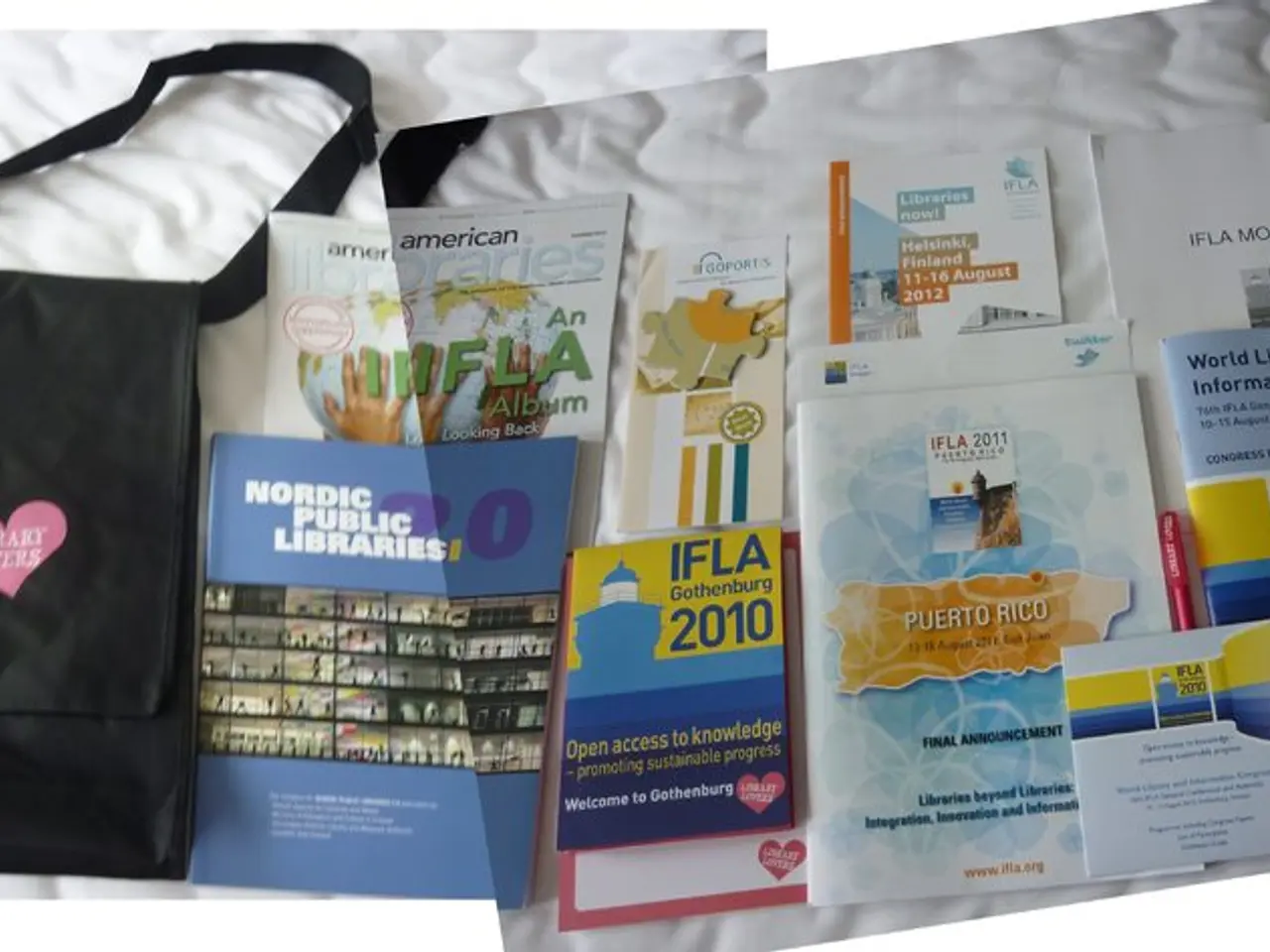Exploring Archives in Princeton's Rare Book Room
Accessing and Utilizing Princeton University's Special Collections for Humanities Research
Princeton University's Special Collections is a treasure trove of resources for those conducting research in the humanities. This comprehensive guide, as featured in the digital publication, The Junior Paper (JP), will walk you through the steps to access and make the most of this valuable resource.
Researcher Registration and Access
If you are not a member of the Princeton University community, you'll need to register for a Special Collections researcher account and obtain a library access card to access many of the Special Collections materials, including those held at the Marquand Library.
Planning Your Visit and Consultation
Before visiting, familiarize yourself with the specific collections relevant to your humanities research at Princeton. The university's Special Collections is particularly rich in materials on Russian and Soviet history, Cold War diplomacy, and important literary and religious papers, such as those of Soviet-era poet Osip Mandelshtam and philosopher Georges Florovsky.
Using Digitization Services
Researchers can request digitization to access materials remotely or enhance usage during their visit. Princeton offers up to 30 low-resolution reference images per person/project at no cost every six months, with larger digitization requests subject to page limits and copyright restrictions.
Searching and Requesting Materials
Use Princeton’s online catalog and finding aids to identify materials in Special Collections. For specialized collections, such as Manuscripts of the Islamic World, you can request digitization through the AskUs Special Collections form by providing specific manuscript call numbers and URLs.
Restrictions and Rules
You are generally allowed to photograph most materials personally during your visit. However, handling and use policies must be followed to preserve delicate items, and published materials may have copyright restrictions affecting digitization and reproduction.
Additional Support and Resources
Contact Special Collections staff in advance for assistance with access, digitization needs, or to discuss research projects that might require exceptions to standard limits or extended access.
Exploring Further
The Junior Paper (JP) also includes a guide to the Rare Books and Special Collections, and articles on enhancing research with Princeton's Coin Collection. The two main places on campus where you can access these resources are Mudd Manuscript Library and the Special Collections section on C Floor of Firestone.
Remember, many of these materials in Special Collections have not been thoroughly studied, making them a great opportunity for unique and in-depth research. The Junior Paper (JP) is a helpful resource for students conducting research at Princeton, providing additional insights and guidance for using the university's Special Collections.
Special Collections is open 9:00-4:45 on weekdays. To research in Firestone, you'll need to make a Research Account on the Library's website, have a general idea of what materials you want to research, and submit a "reading room request" for materials of interest. A student can even examine rare materials like Ethiopic magic scrolls for research purposes.
From Ancient Egyptian papyri to political cartoons, personal papers of F. Scott Fitzgerald, and John James Audubon's personal shotgun, Special Collections houses vast stockpiles of manuscripts, rare books, coins, and other materials that can help impress your professors with your unique and in-depth research. The Junior Paper (JP) is accessible online, making it easily accessible for all students.
This series of articles in the Junior Paper (JP) focuses on various aspects of Princeton's Special Collections, offering valuable insights for those looking to make the most of this exceptional resource. Whether you're a student, researcher, or simply curious, the Special Collections team is ready to assist you in your quest for knowledge.
- For those interested in online education and self-development, The Junior Paper (JP) offers a guide on accessing and utilizing Princeton University's Special Collections, which can provide unique and in-depth research opportunities in the humanities.
- Learning about Russian and Soviet history, Cold War diplomacy, or important literary and religious papers can be facilitated by Princeton University's Special Collections, and online education resources like The Junior Paper (JP) provide valuable insights on how to access and make the most of these materials.




